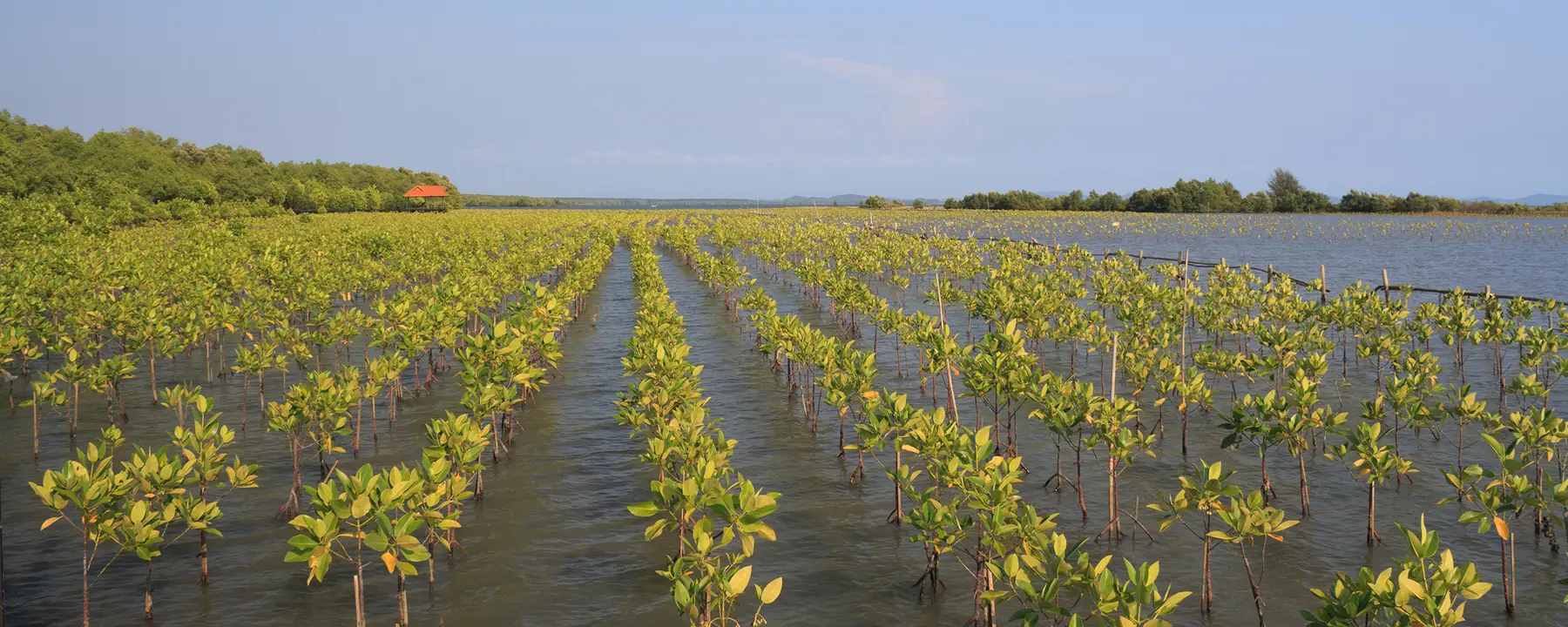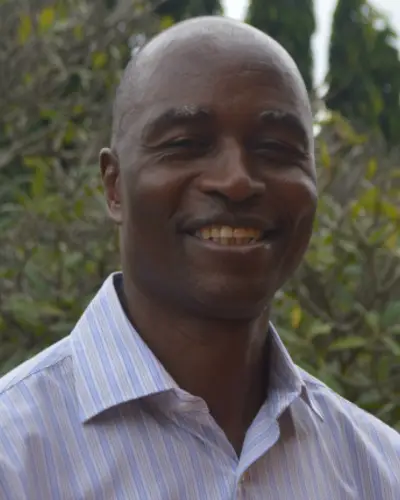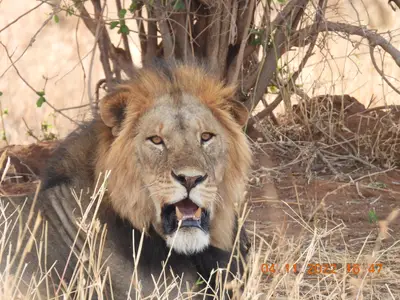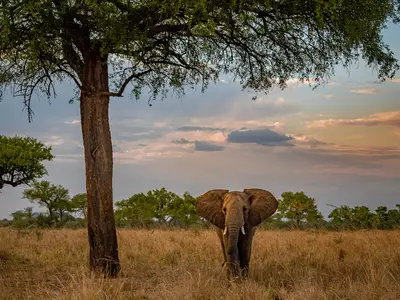What is environmental governance?
Environmental governance includes promoting equitable access to resources such as water, land, and forests. RTI integrates environmental conservation (nature), economic growth and livelihoods (wealth), and governance (power) dimensions of multifaceted development problems, emphasizing women, youth, and other marginalized groups; ecosystem resilience; and opportunities for growth. We enhance the capacity of local and national governments to establish sustainable management practices.
RTI assists governments to develop, reform, and implement key policies that improve or address the challenges in resources management, including protected area management. By taking an integrated, systems level approach to nature, wealth, and power, we help our partners achieve equitable, sustainable results.
By strengthening natural resources management, governance, and engagement from the private sector, we curb wildlife loss and secure sustainable management strategies by enhancing community and governmental institutions, policy, wildlife trafficking enforcement, and technical capacity. We work with governments, community experts, and key stakeholders interested in implementing successful economic development initiatives while also eliminating threats to biodiversity through new tools, approaches, and frameworks that lead to impactful results.
Learn more about our environment work in low- and middle-income countries and in the United States.

Project Highlight
The USAID Tuhifadhi Maliasili (Preserve Natural Resources) project increased the efficiency and effectiveness of Tanzania’s National Land Use Planning Commission (NLUPC) by upscaling and operationalizing the National Land Use Information System. Previously, producing a single Certificate of Customary Right of Occupancy (CCRO) took up to three days. Now, with the project’s support, including modern equipment, this process has been significantly reduced, allowing to produce a minimum of 25 CCROs per day.
As of September 2024, over 31,000 CCROs have been issued using the modern equipment. This transformative change highlights the project’s contribution to improving land governance and sustainable land use management in Tanzania. CCROs can be used as collateral for individuals and communities to access financial support, but moreover, provide a sense of security to their holders.
Related Projects
Social Norms and Anti-Corruption Research
Read More about Social Norms and Anti-Corruption Research

















